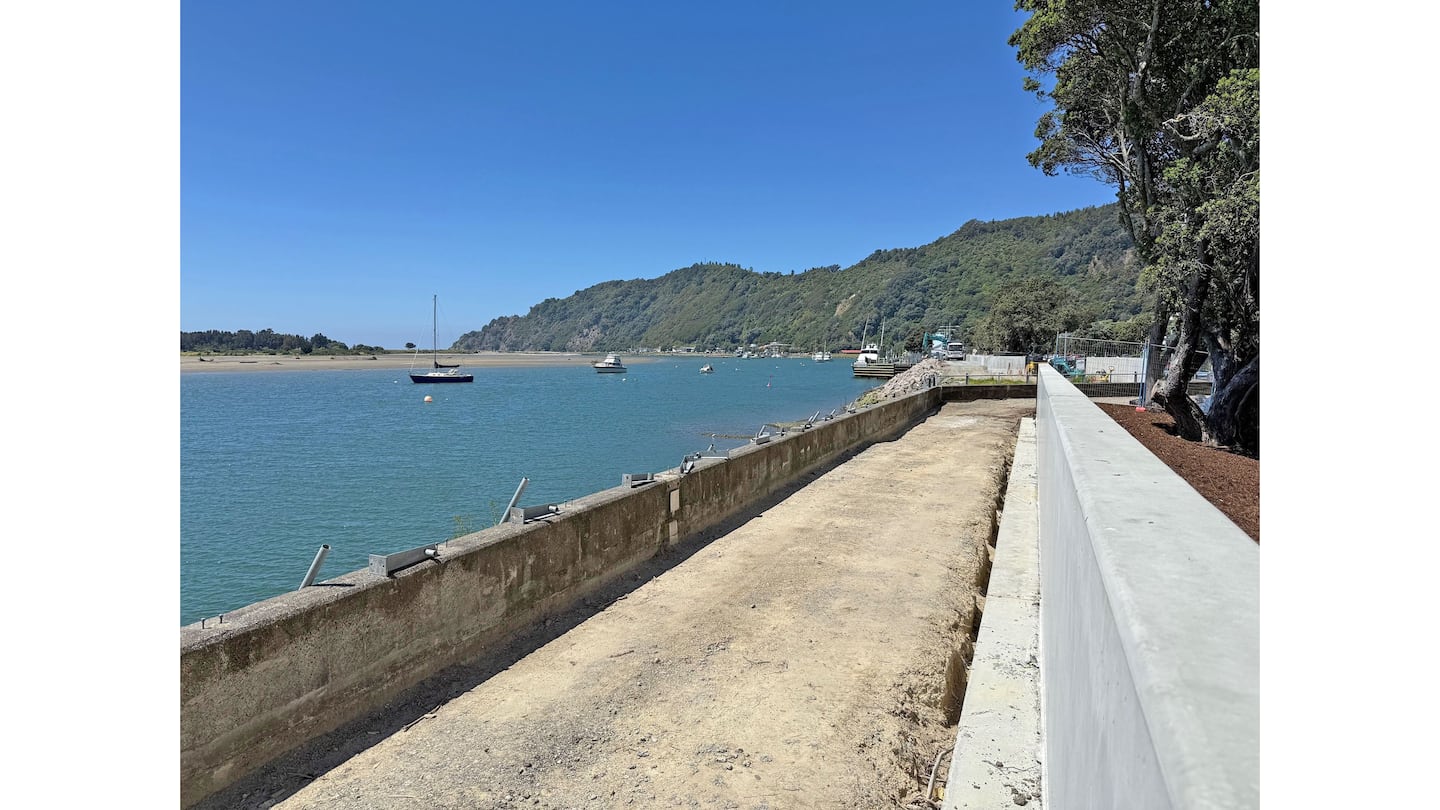Bay of Plenty regional councillors from the Eastern Bay are in agreement that their most important job over the next few weeks will be to make sure people understand exactly what the regional council does for them.
The Government proposed a major shake-up of local government late yesterday afternoon, with the release of a consultation document with options that could see the scrapping of regional councils altogether.
Minister for RMA Reform Chris Bishop described the reforms as the most significant changes to local government since 1989.
Proposals include abolishing regional councillors and creation of new Combined Territories Boards to lead regional reorganisation plans within the next two years.
Bay of Plenty Regional Council’s recently elected Eastern Bay councillors Malcolm Campbell and Sarah van der Boom and Kōhi Māori councillor Mawera Karetai say the Government has been signalling change for some time.
“We have to make sure that change is in the best interests of our community,” Karetai said.
“We do that through engagement. People come and go, but the taiao (environment) remains, and we must make sure that our local and central government policies reflect that.
“My intention is to organise some community meetings to help our community engage in the consultation process, so any decisions made, are made with us.

van der Boom stated during her election campaign that she was supportive of local government reform and is still in favour of it.
“We need to move toward a system that delivers key functions at a regional and district level as cost effectively as possible.
“Community and stakeholders are best placed to determine key functions, and ultimately, the best form for local government.
“My role is to make sure community and stakeholder interests have a voice in local government reform discussions, so that central government does not dictate functions and form that are not fit for purpose,” van der Boom said.
Campbell said the most important thing was making sure everybody was fully aware of what regional councils actually do.

“We are definitely not against reform. We are for looking at ways to make it more affordable for our ratepayers.
He said cost savings of getting rid of regional councillors would be minimal but that it was not about the councillors,
“At this point in time, my responsibility to the over 7000 people who elected me in October is to make sure that they’re going to get the best deal that is available for them.”
He said the ramifications could be pretty bad if the government got it wrong.
“At the end of the day, the environment and water are the most important things. Those things have still got to be funded. Whether you fund them through the regional council or through the territorial authorities.”
Whakatāne Mayor Nandor Tanczos said while he had not yet seen the options put forward by the Government, he thought there was an argument for simplifying local government.
“At the moment there are a number of different layers (of government) and people don’t always understand the difference between regional and district councils and the Crown. They don’t know who does what, they don’t know who to contact when something goes wrong. For most people it’s probably quite confusing at the moment.”

He also felt there was a lack of integration in decision-making.
“One thing I’m clear on is that we really need to maintain local decision making, because what we’ve been seeing consistently is more and more discretion being taken out of the hands of local councils and taken on by central government who don’t really know our communities.
“I’m for changes that make processes speedier, allow for a more integrated strategic focus but I would be very concerned about anything that weakens environmental protections, silences communities and removes Māori from decision-making.”
He also felt it was important that central government provide funding for any transitional arrangements.
“If you think about the water reform we’re going through with this coalition, the Government is not picking up any of the tab on the massive amounts of work it is loading onto councils.”
Local Democracy Reporting is local body journalism funded by RNZ and NZ On Air




